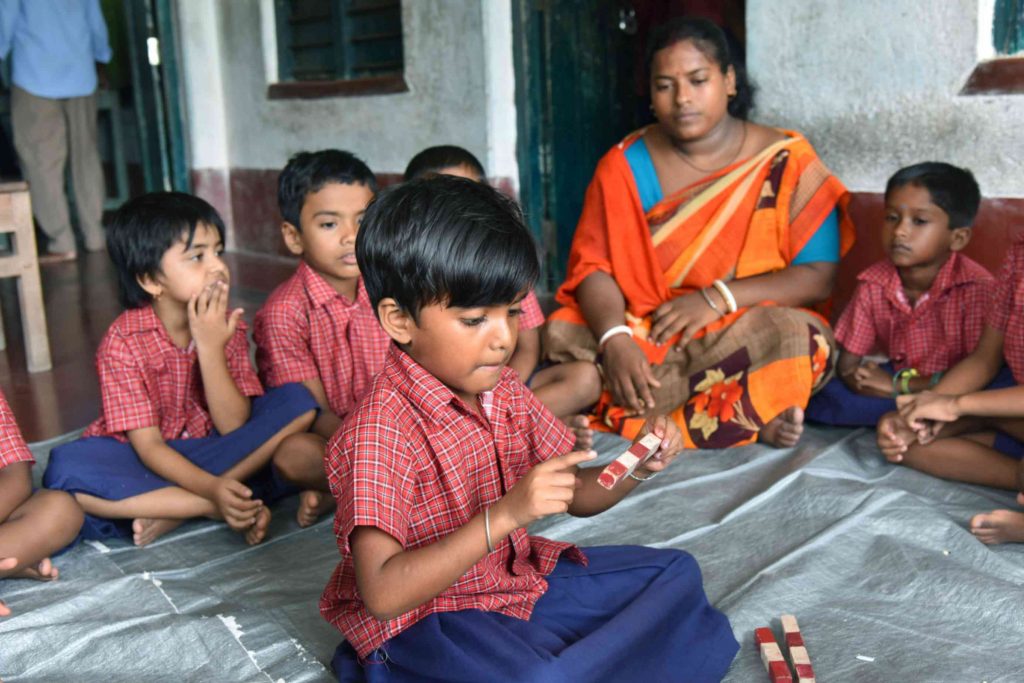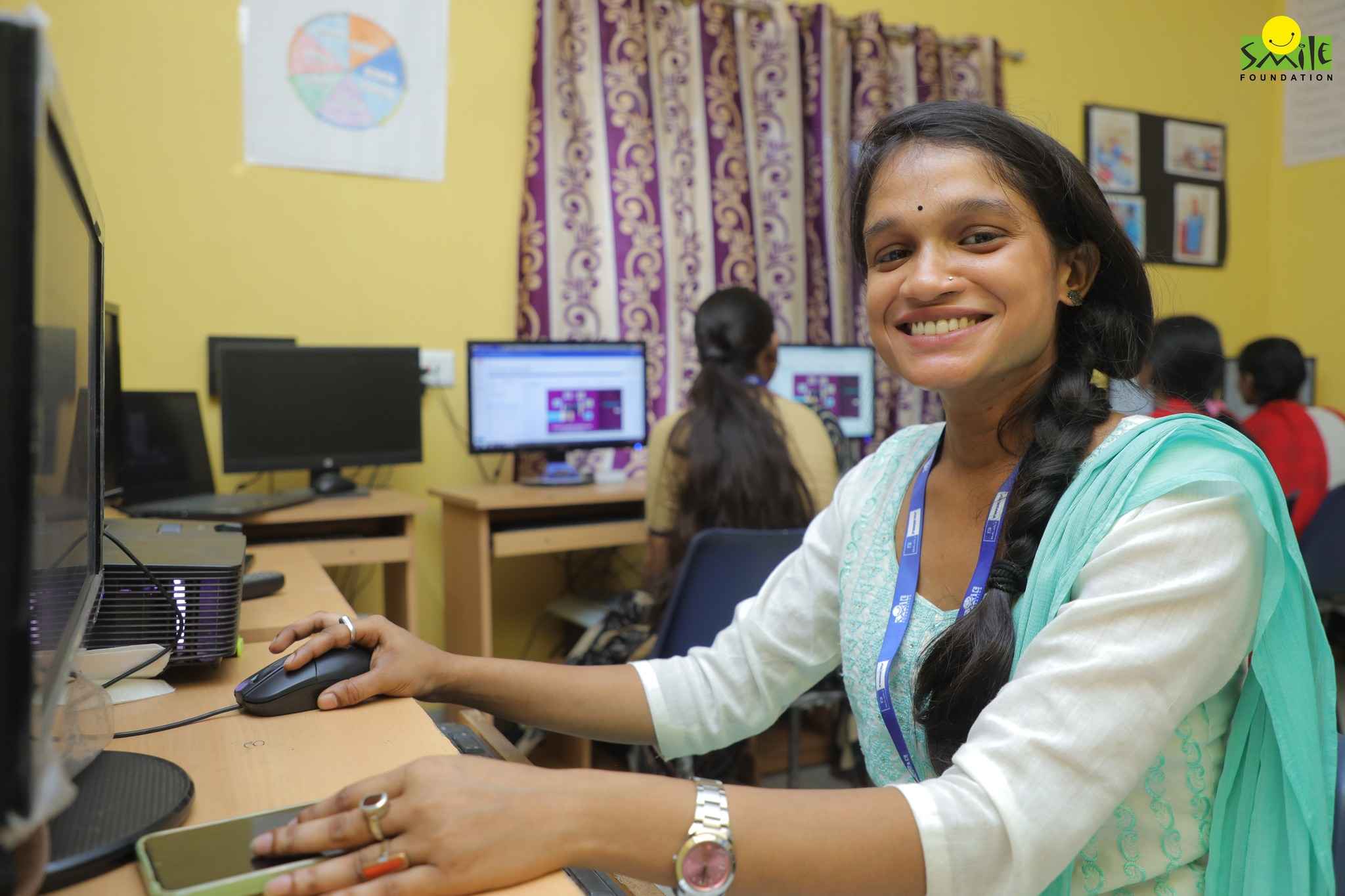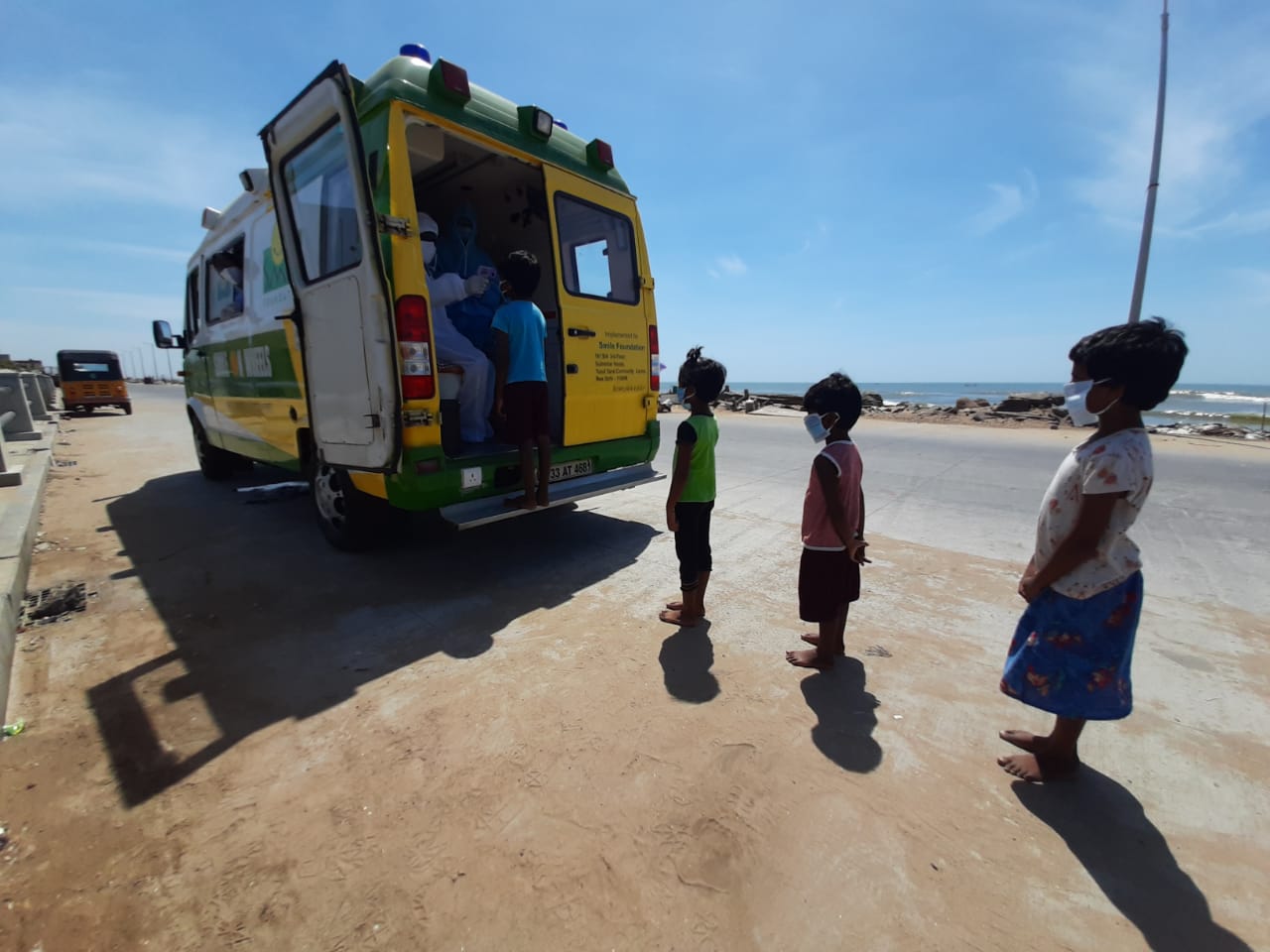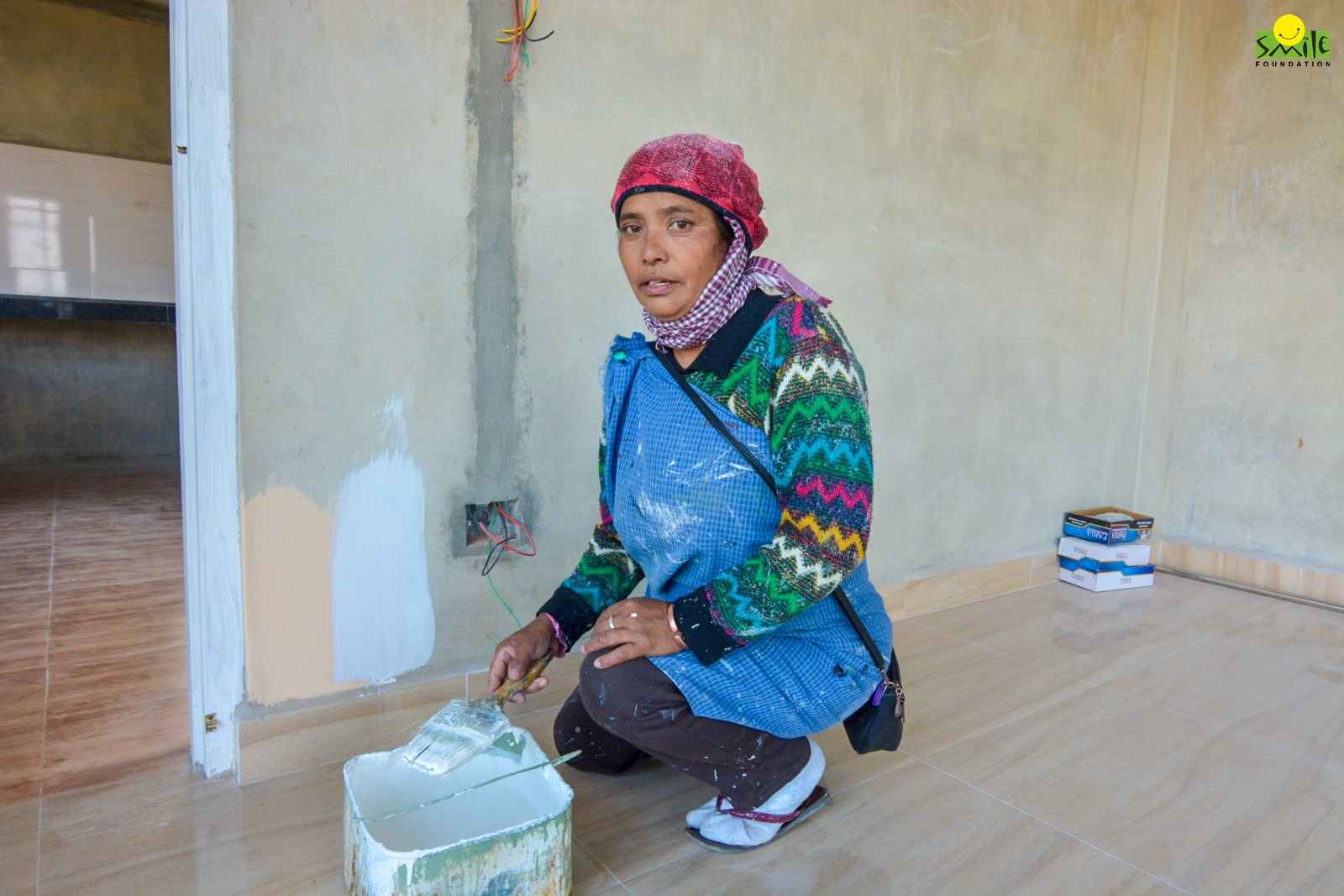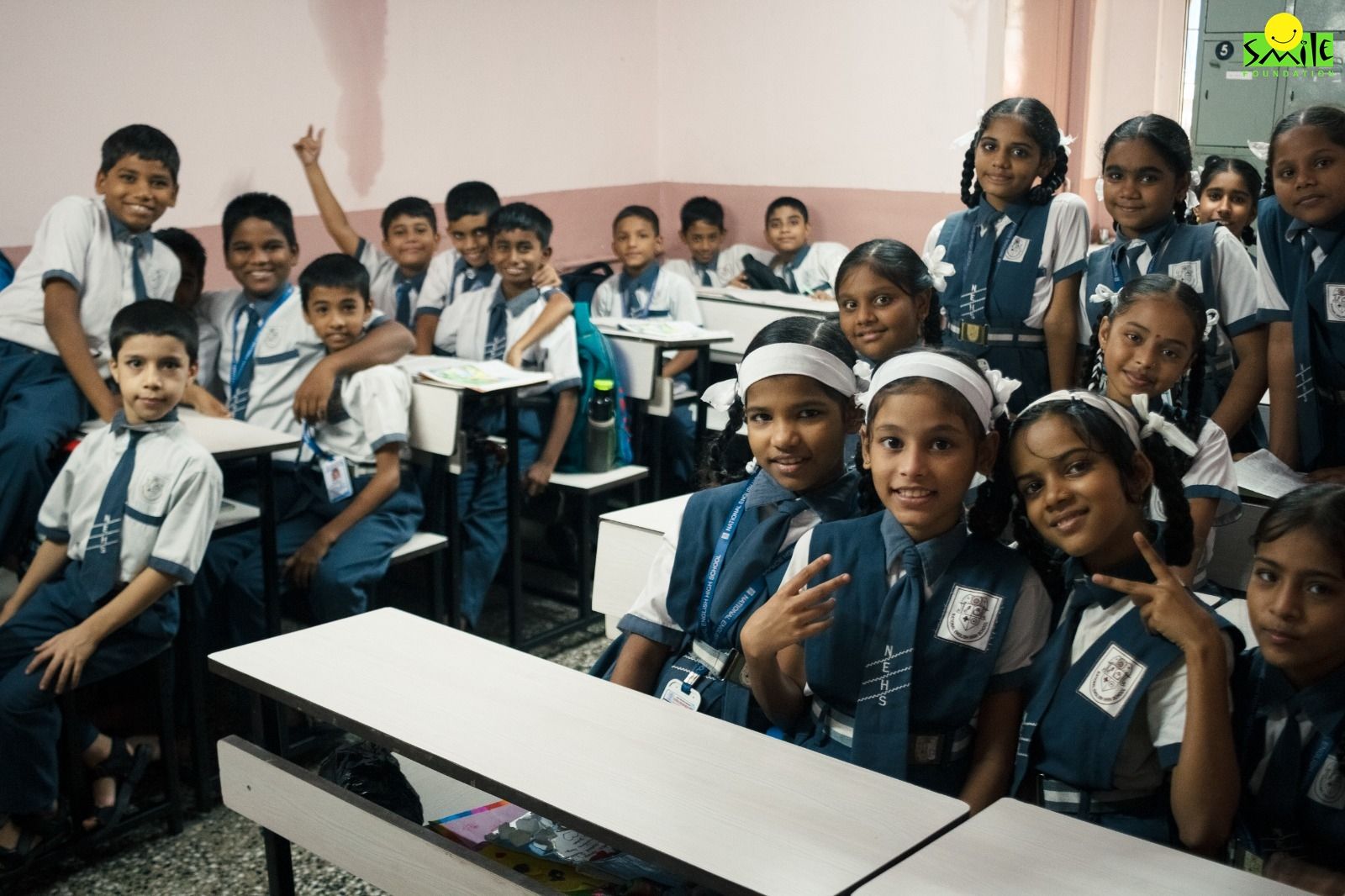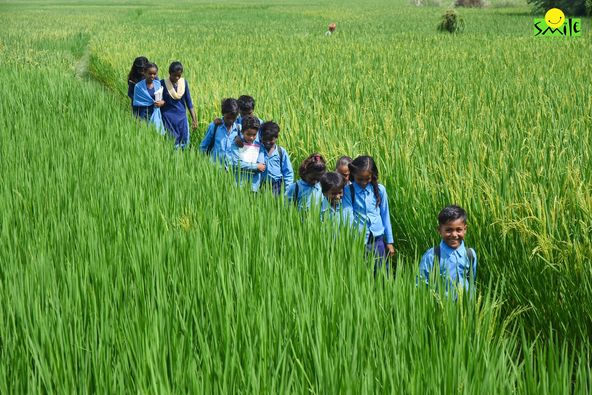“Learning gives creativity, creativity leads to thinking, thinking provides knowledge, and knowledge makes you great.”
– APJ Abdul kalam
Education is one of the basic rights of the human kind. The knowledge about the world the human is residing in, how to contribute and survive in that world and how to expand the horizons of the knowledge is something everyone has a right to know. And it is bizarre that still many of the children in the world and in India do not get to have this basic right in a proper manner!
A recent survey reveals that most of the schools in India are rural schools, accounting for 84.71% of the 1.5 million schools. It ultimately means this- change India by transforming rural education!
Rural Education revolution in India
Exposure Beyond Measure
A girl aged 7, in the small village of Uttarakhand takes a two-hour route everyday only to go to school. While the family of a girl living in a remote village of UP, got her out of school after 4th standard only. They think studying more will spoil her and she won’t get married into a good family.
There are hundreds more such stories in the depths of rural india. While on the other side, there are different stories too. Educated female athletes coming out of rural India, to represent India in the international forum. Startups especially focusing on rural problems, invented by the rural youth only and much more.
When a good education is given to the rural youth, they tend to outperform and do much better than regular urban kids. Education provides them the exposure which they deserve. They get a chance to get themselves and their families out of the poverty loop.
Awareness Generation
In rural India, education acts as a powerful tool for social and personal growth. By equipping individuals with critical thinking skills and access to information, education fosters awareness about a multitude of issues.
From healthcare practices and sanitation methods to legal rights and government schemes, educated individuals become empowered to make informed decisions for themselves and their communities.
Education in rural areas challenges traditional beliefs and exposes harmful social norms, paving the way for an equitable society. It equips people to combat misinformation and question outdated practices, ultimately leading to a more aware and empowered rural India.
Educated villagers are better equipped to identify community needs, advocate for essential services, and implement innovative solutions for challenges ranging from healthcare to agriculture. Education fosters participation in local governance, leading to more informed decision-making that benefits the entire community.
Moreover, it encourages entrepreneurship and economic self-sufficiency, breaking the cycle of poverty and fueling economic growth within the community. Thus, education in rural areas not only empowers individuals but acts as a catalyst for broader community development, creating a more prosperous and equitable future for rural India.
Agricultural Innovation
Rural education plays a pivotal role in modernizing India’s agricultural landscape. By equipping farmers with scientific knowledge, technical skills, and critical thinking abilities, education unlocks innovation potential.
Educated farmers are more receptive to new technologies, better equipped to understand complex agricultural practices, and more likely to experiment with techniques that improve crop yields and resource efficiency.
Education also fosters awareness of market trends, value-added processing, and sustainable farming practices. It helps farmers make informed decisions that maximize their returns. In essence, rural education transforms farmers into agricultural innovators, propelling India towards a more efficient, productive, and profitable agricultural sector
A Silent Revolution
With the easier access of smartphones and the internet, students in rural India have found access to world class education for free or at a very nominal cost. Until very recently, the cost for coaching for the prestigious exams like JEE and UPSC was too high for the average rural student to afford but now with the access of youtube and other e-learning portals, students from rural India can also get the same access as the student living in a city.
E-learning also makes the learning independent for the student. In the sense that even if their school is far or lacks basic infrastructure, the access to good education is not hindered. Students also get multiple options of how they want to learn a certain concept, which makes it extremely liberating for them. They can learn in their own way, at their own pace.
Integration of Artificial intelligence (AI) in Rural Education
While digital E-learning is picking up at pace, in recent months AI is also posing as a game changer.
In the future, AI will play a crucial role in reducing the educational gap between Indian rural and urban areas. Organizations like Infinity Learn by Sri Chaitanya have already taken steps in this direction. They are using AI to personalize learning experiences, increase accessibility, and make education more affordable for all.
AI-powered platforms tailor content to local contexts and languages, provide on-demand support to learners, and track progress to create specific learning paths.
With the help of AI we can easily analyze student data to understand individual strengths and weaknesses. There should be offers of customized educational experience that is often missing in rural schools with limited resources. It can also help translate content into local languages and adapt examples to resonate with rural students. All efforts are to make learning more relatable and effective.
Moreover, AI can act as a virtual tutor, available 24/7 to provide support and answer questions. This is especially important in rural areas where teachers and resources may be scarce.
It is definitely the game changer in the next rural education in India.
In the end, India, as we know it, is the youngest country in the world right now, with the average age of around 28 years. But it is not going to stay the same forever, and if we want to reap the fruits of this unique advantage we have right now, we will need to make sure that rural India, can be called ‘real’ India, gets the education it deserves.
Smile Foundation and Rural Education
Mission Education program of Smile Foundation is dedicated to transforming rural education by providing access to quality learning opportunities for underserved children in remote areas. Through innovative educational initiatives, Smile Foundation aims to bridge the gap in educational resources and opportunities between urban and rural communities.
By establishing learning centers, providing scholarships, and training local teachers, the program empowers children with important knowledge and skills. Through holistic education and community engagement, Smile Foundation is paving the way for inclusive and sustainable development in rural India.



